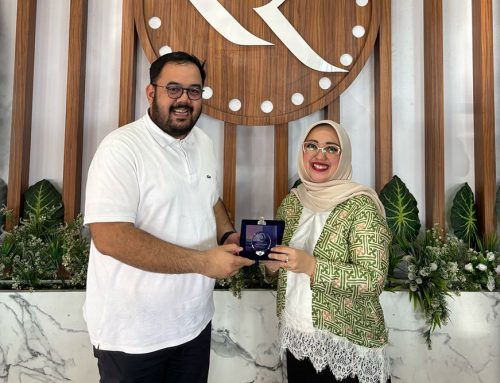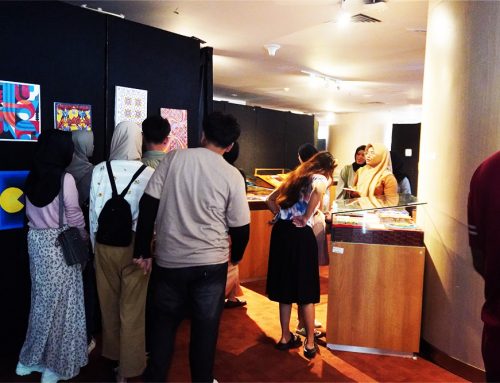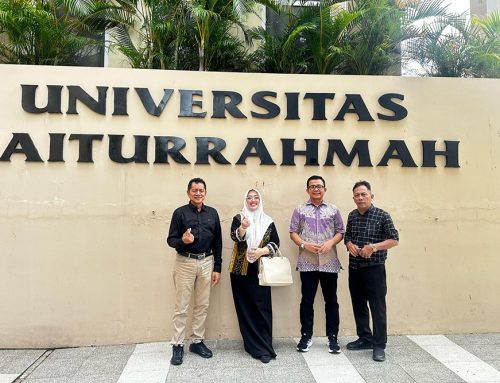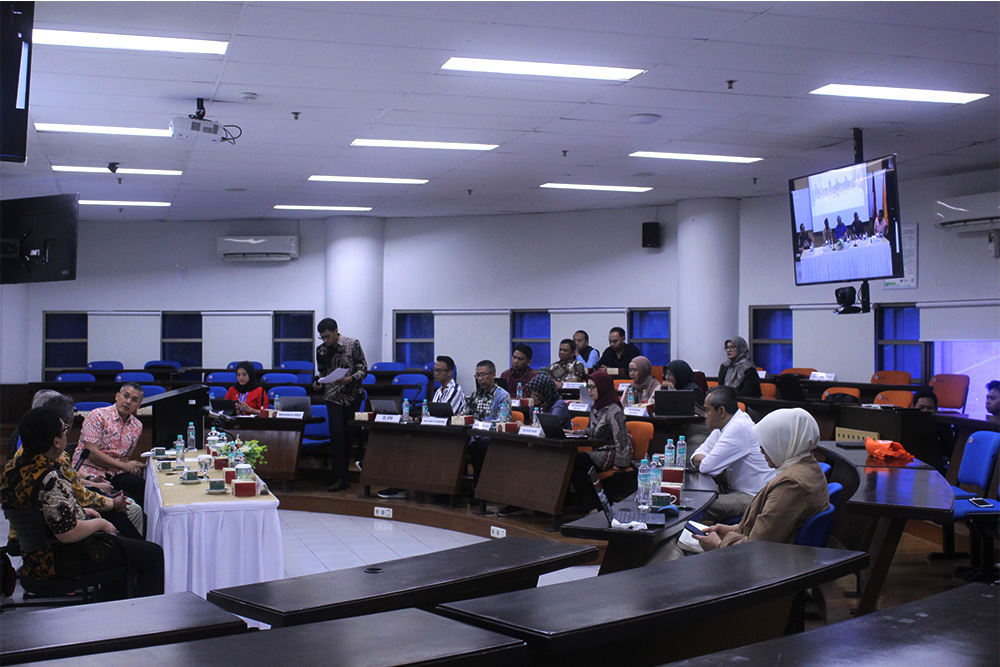
Meeting held in room 207 A
Esaunggul.ac.id, Jakarta, April 30, 2024 – Esa Unggul University (UEU) is pleased to announce its cooperation with the United States Agency for International Development (USAID) Higher Education Partnership Initiative (HEPI) and Arizona State University (ASU) to improve the quality and global competitiveness of higher education in Indonesia. This landmark agreement signed by UEU marks a significant commitment to advancing regional and international education standards.
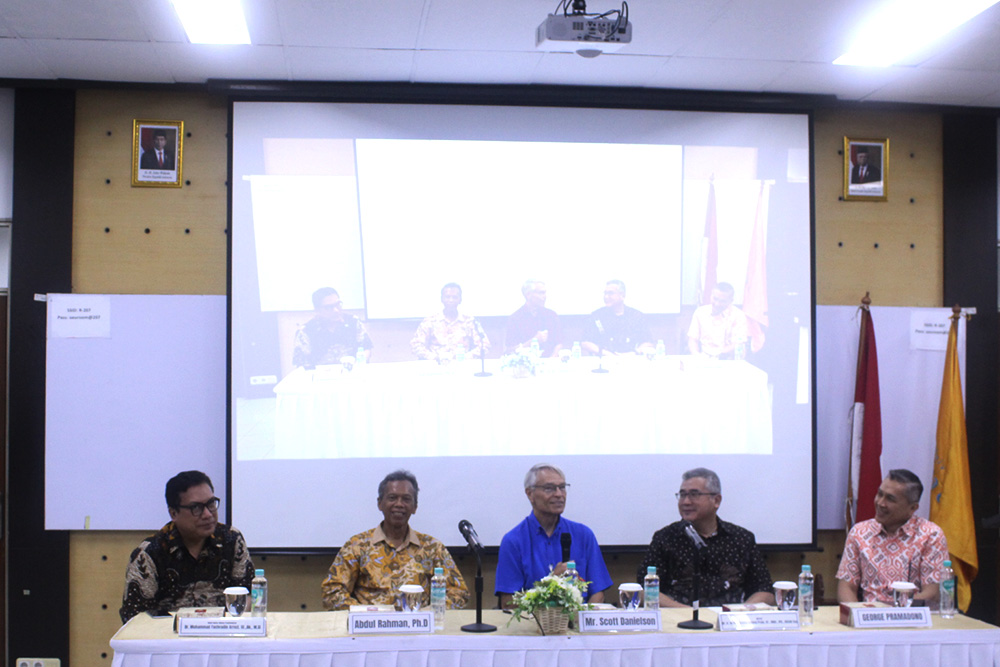
Notable speakers, Mr. Scott Danielsons, an ABET expert and Associate Professor at ASU, and Dr. Abdul Rahman, the Country Director for USAID HEPI.
The event featured distinguished speakers, including Mr. Scott Danielsons, an ABET expert and Associate Professor at ASU, and Dr. Abdul Rahman, the Country Director for USAID HEPI. They highlighted UEU’s inclusion as one of 36 Indonesian universities participating in the HEPI project, emphasizing the initiative’s role in improving human capital and employability through innovative educational approaches.
Maker Innovation Spaces (MIS), already created in Indonesia are designed to encourage project-based learning and engineering projects that serve community needs, reflecting UEU’s commitment to practical and impactful education. The partnership will also introduce a blended learning program, allowing students from
Indonesia and the United States to collaborate and learn together. This approach not only bridges the geographical gap but also the cultural gap, providing a diverse and inclusive multinational educational experience.
ASU’s contribution is not only in STEM fields, but also offers expertise in health, education, and agriculture, thus enriching the academic spectrum available to UEU students. This initiative aligns with Indonesia’s focus on environmental engineering and aims to create pathways for students to connect with universities in the United States, building a catalog of opportunities for academic and professional growth. Melal
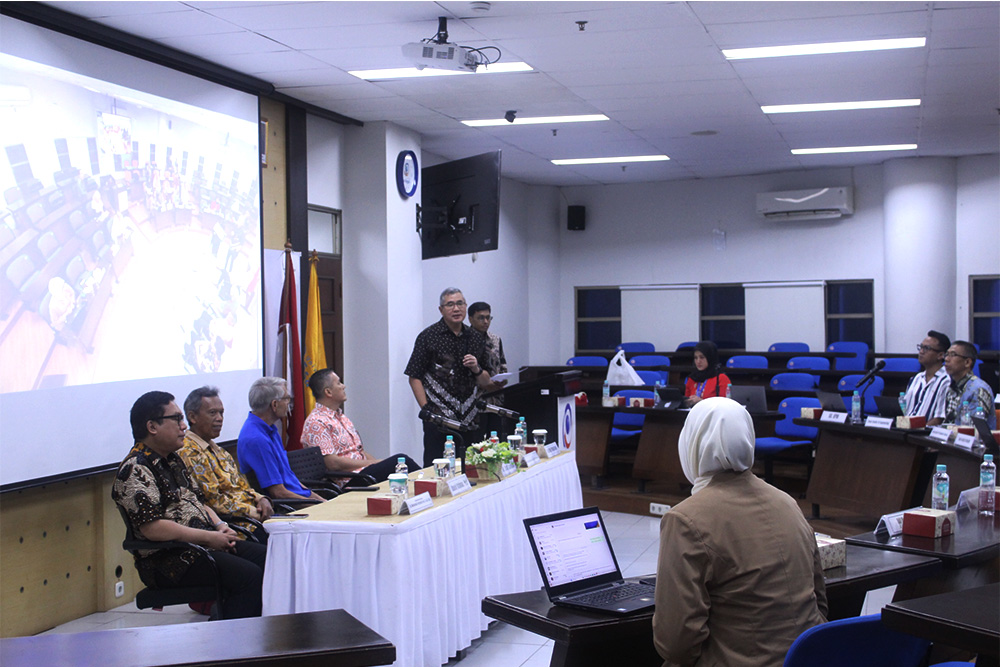
Rector of Esa Unggul University during his speechThis collaboration underscores the importance of accreditation and continuous improvement in student learning.
student learning, with ABET’s independent structure ensuring the highest standards are
are met. UEU’s proactive approach in seeking accreditation support reflects its dedication to excellence.
This discussion activity focused on the important role of student learning outcomes in higher education, emphasizing the need for graduates to have clear competencies upon graduation, particularly in engineering, computer science, and related disciplines. The discussion highlighted the importance of industry advisory boards in study programs to ensure that the curriculum remains relevant and aligned with industry standards.
A focus emphasized was the need for a robust system to determine product quality,
ensuring that educational offerings meet the highest standards of excellence. Speakers also discussed the uniformity of various learning materials across study programs, in addition to the need for specific topics tailored to each discipline.
ABET’s role in accrediting programs through its four divisions – Engineering, Computing, Applied and Natural Sciences, and Technology.
Applied and Natural Sciences, and Engineering Technology – is outlined, with a detailed discussion of the criteria used to evaluate programs. These criteria range from student performance and program educational objectives to broader goals such as continuous improvement and institutional support.
In conclusion, USAID’s visit to UEU under the HEPI program marks a new chapter in the university’s journey towards excellence. With a shared vision for quality education and innovation, UEU is poised to make significant strides in developing human resources and contributing to Indonesia’s growth on the world stage.


